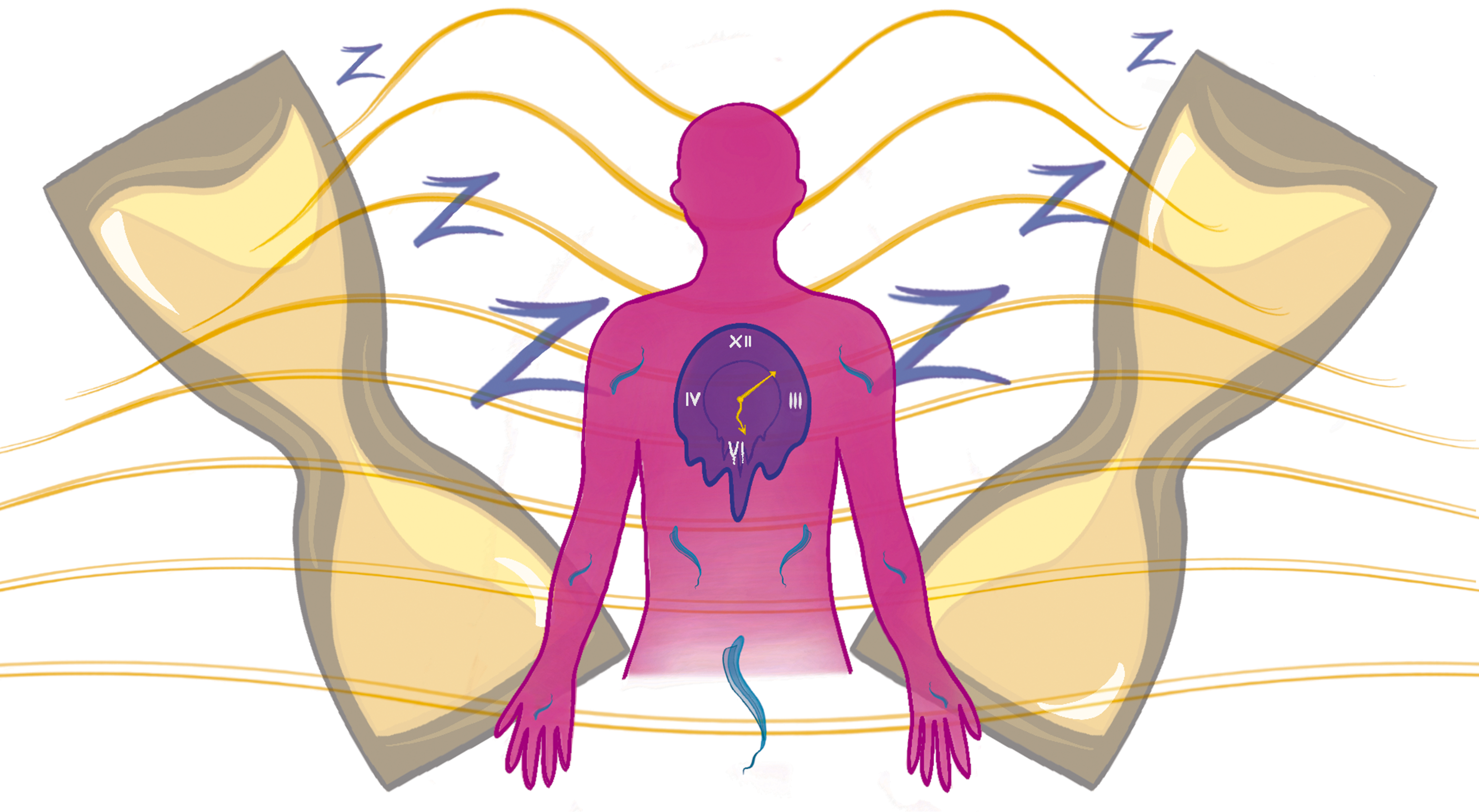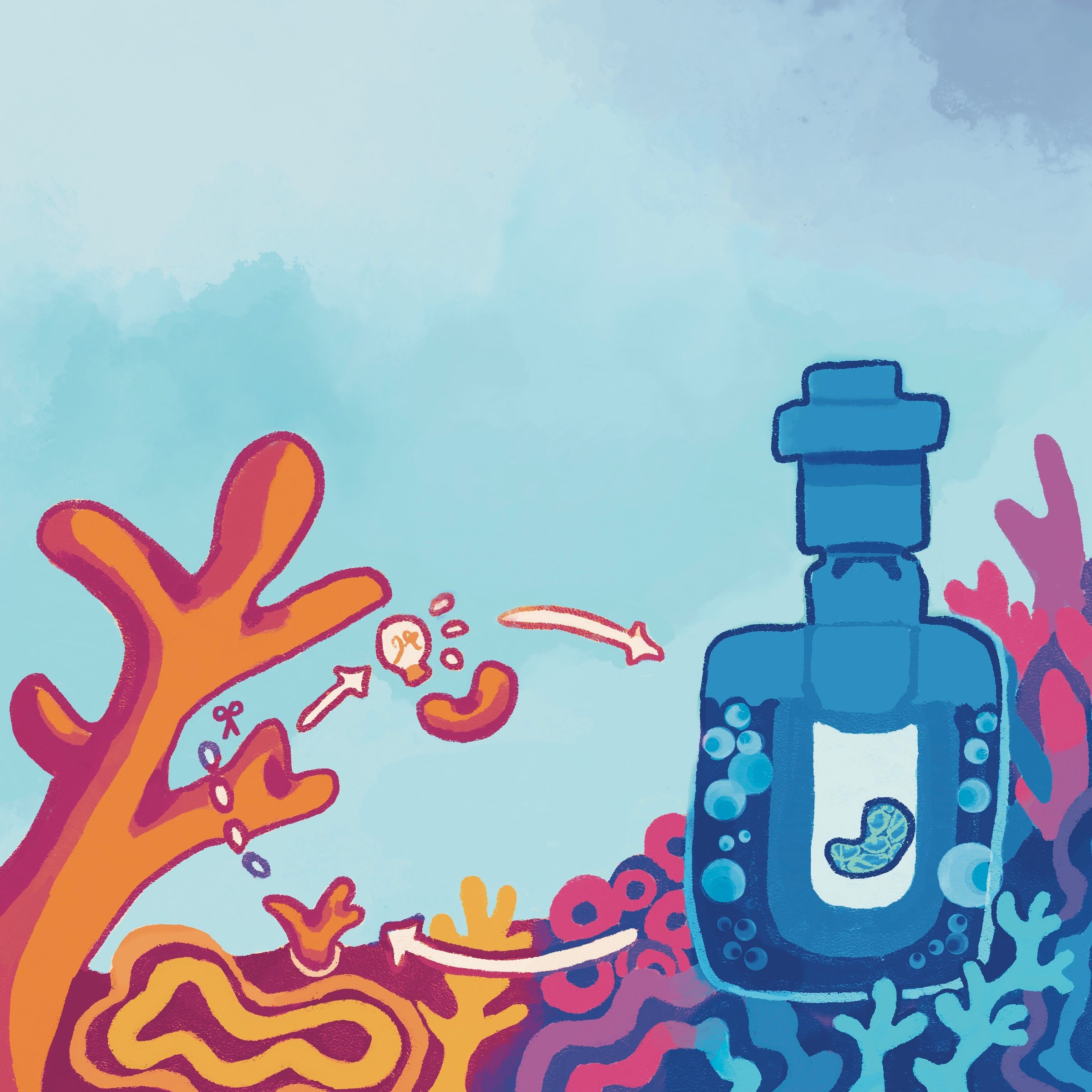
Our lives are comprised of repeating cycles of days, with active mornings and sleepy evenings, owing to the concept known as a circadian rhythm. In addition to regulating our sleep, circadian rhythms play a central role in controlling our metabolism and immune system. Astonishingly, our bodies keep the time through molecular clocks, rather than relying solely on external cues like light and temperature, allowing us to anticipate the day that lays ahead. Recent work by Assistant Professor Filipa Rijo-Ferreira in the UC Berkeley Department of Molecular and Cell Biology reveals that humans are not alone in possessing circadian rhythms: so too do the parasites that infect us.
The Rijo-Ferreira lab studies the single-celled parasites that cause malaria (plasmodium) and sleeping sickness (Trypanosoma brucei) through the lens of time. Both diseases have clear links to circadian rhythm, with sleeping sickness causing a reversal of the standard sleep-wake cycle, and malaria causing rhythmic fevers. Interrogating the parasites themselves, Rijo-Ferreira discovered that each pathogen possesses a circadian rhythm independent of host rhythms. In addition to their own internal clocks, these pathogens can respond to host rhythms to further regulate gene expression and, in the case of malaria, remain in sync as a population. Alarmingly, this means the illness you have in the morning can differ drastically from the illness you have at night.
Expanding on the discovery of pathogens having their own internal clocks, the Rijo-Ferreira lab is pursuing two avenues of research: untangling how circadian rhythms alter host-parasite interactions and using the paradigm of circadian medicine to optimally time therapeutic interventions. Notably, they have already demonstrated that administration of suramin, a drug commonly used to treat sleeping sickness, is less effective during the day. Moreover, the timing of when certain parasite genes turn on and off could further instruct the type of therapy. When it comes to the type and schedule of therapeutic intervention against parasites, timing really is everything.
This article is part of the Spring 2023 issue.





